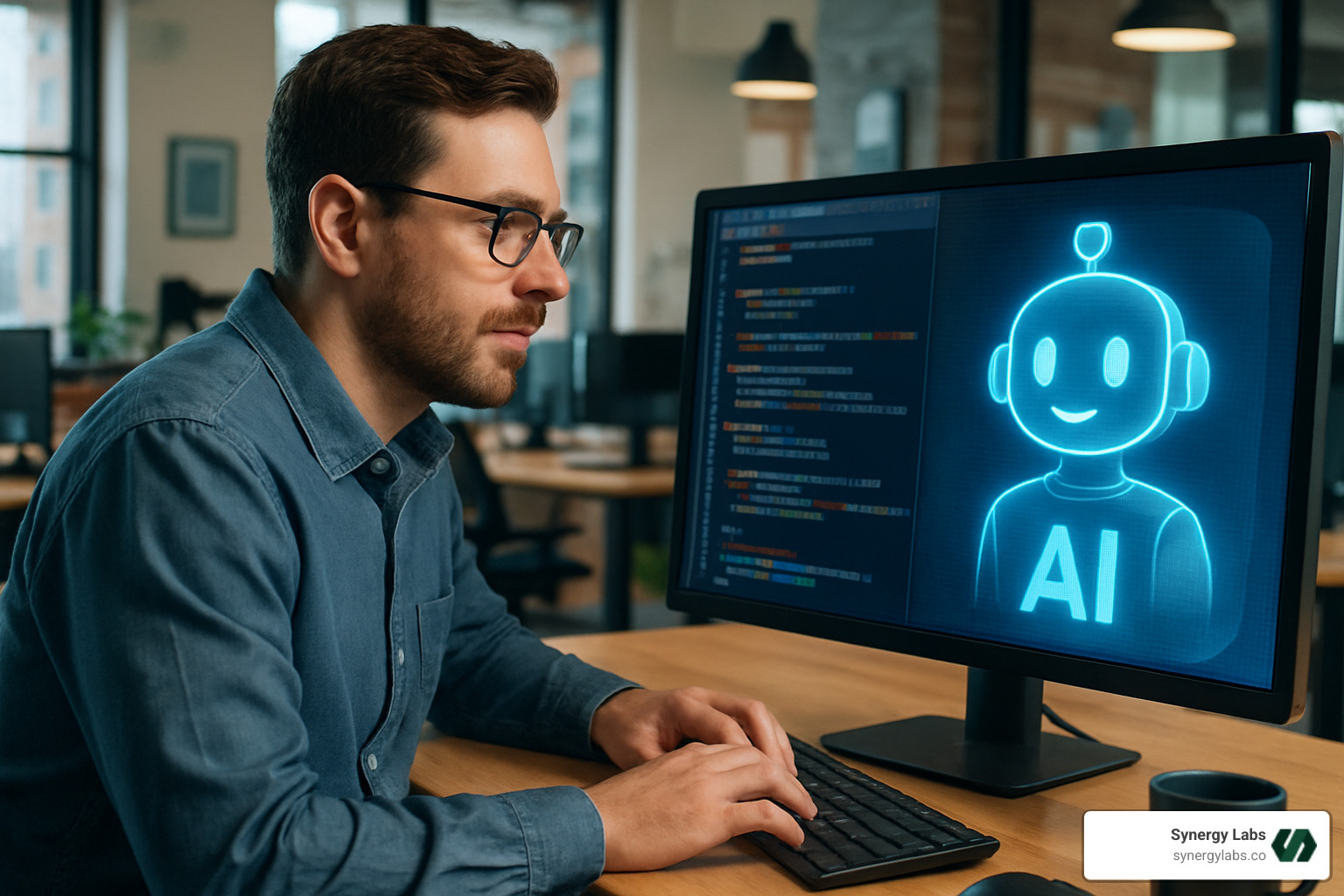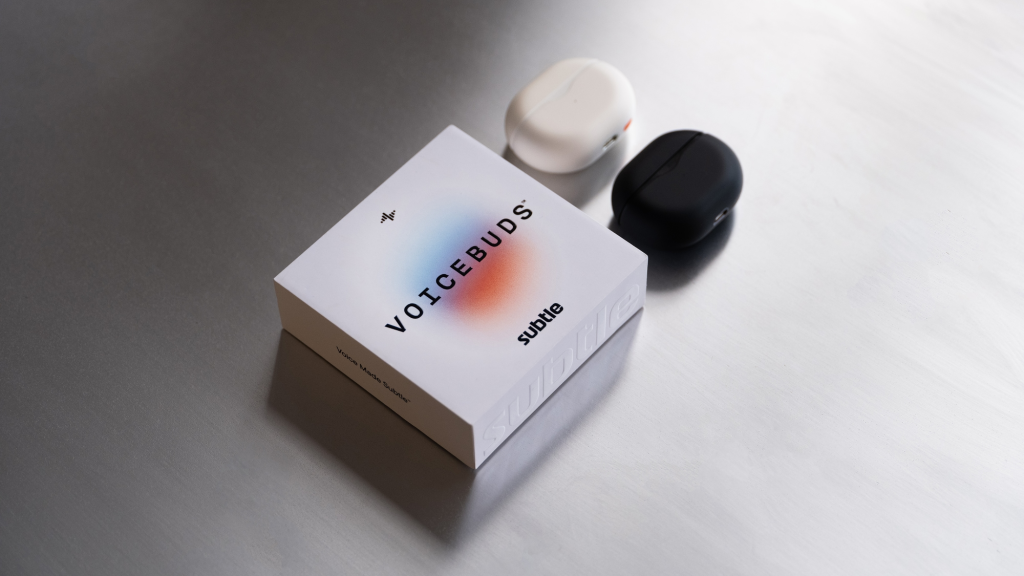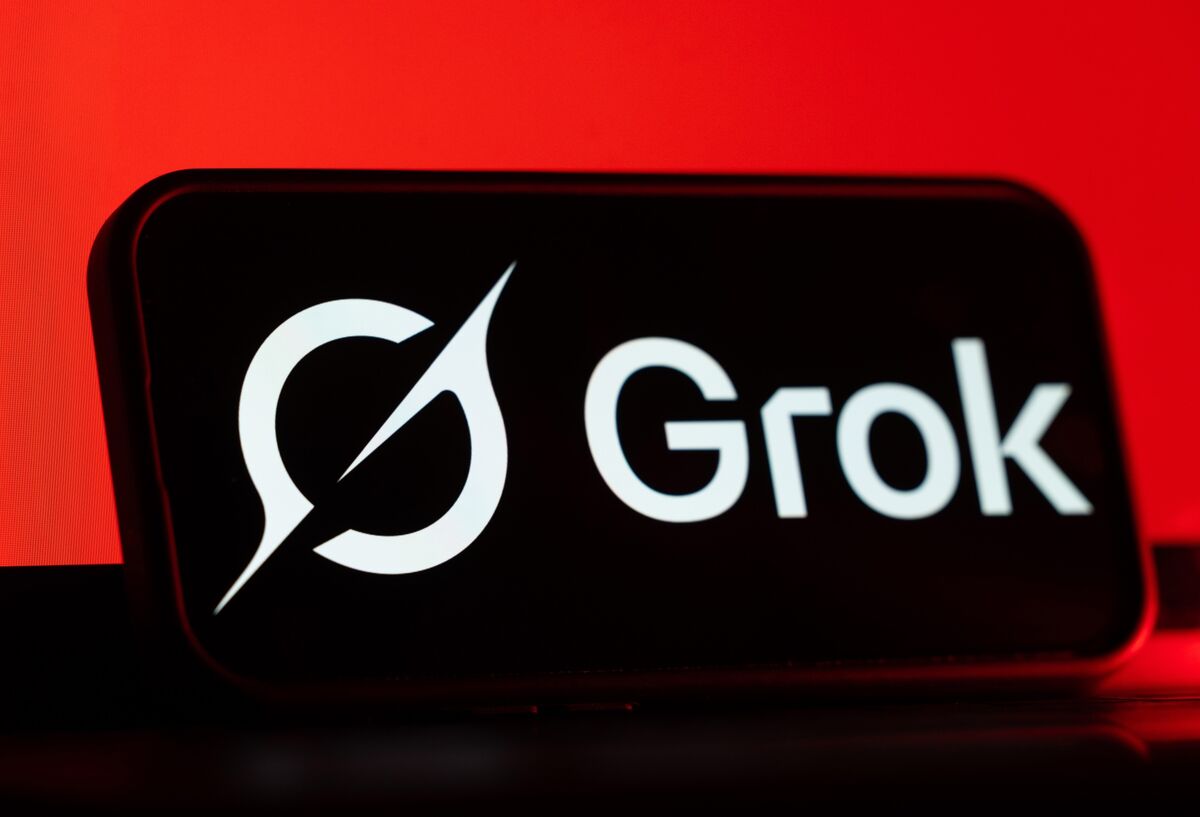Senior Developers Now ‘AI Babysitters’ as Vibe Coding Reshapes Software Engineering
Artificial intelligence is rapidly transforming the way software is written, but for many experienced developers, it has come with an unusual side effect: becoming “AI babysitters.”
Veteran web developer Carla Rover, who has spent more than 15 years in the industry, described her experience with AI-generated code as both inspiring and frustrating. She and her son, who are building a startup focused on custom machine learning models, once had to scrap an entire project because of faulty AI code. “I treated the co-pilot like an employee,” Rover said. “It isn’t.”
Rover likens vibe coding — the use of AI tools to generate code — to sketching ideas on “an endless cocktail napkin.” While the technology accelerates brainstorming, she warns that it can be unpredictable and error-prone, often requiring hours of human oversight.
A Fastly survey of nearly 800 developers found that 95 percent spend significant time fixing AI-generated code, with senior engineers bearing most of the workload. Reported issues range from fabricated package names to security vulnerabilities. The rise of such problems has even created a new corporate role informally called the “vibe code cleanup specialist.”
For Feridoon Malekzadeh, another seasoned developer, vibe coding feels like “hiring your stubborn, insolent teenager.” He estimates that while AI helps accelerate prototyping, up to 40 percent of his time is now spent repairing broken or unnecessary scripts. “You have to ask it 15 times to do something,” he said, “and it still breaks things along the way.”
Security concerns also loom large. Austin Spires, senior director of developer enablement at Fastly, noted that AI-generated code often prioritizes speed over quality, introducing vulnerabilities similar to mistakes made by novice programmers. Likewise, Mike Arrowsmith, CTO of NinjaOne, warned that startups relying heavily on AI may bypass critical review processes, creating blind spots in IT and security.
Still, despite the frustrations, many developers insist the trade-offs are worthwhile. Rover credits AI with helping her design stronger user interfaces, while Malekzadeh admits he still gets more done with AI than without it. “Every technology carries its own negativity,” Malekzadeh said, quoting French theorist Paul Virilio. “But the pros far outweigh the cons.”
The Fastly survey also revealed that senior developers are twice as likely as juniors to deploy AI-generated code in production, suggesting confidence in their ability to detect and correct flaws. For Spires, AI tools are best used for prototyping, scaffolding, and eliminating repetitive tasks, leaving engineers to focus on higher-level design and scaling.
Younger developers are also adapting. Elvis Kimara, a recent AI graduate building his own marketplace platform, described vibe coding as both joyless and indispensable. “There’s no more dopamine from solving a problem myself,” he said. Yet he acknowledges the benefits: “We won’t just be writing code; we’ll be guiding AI systems, taking accountability when things break, and acting more like consultants to machines.”
For now, vibe coding remains a double-edged sword — accelerating innovation while demanding constant human oversight. As Rover put it, “That cocktail napkin is not a business model. You have to balance the ease with insight.”
Source: Techcrunch
news via inbox
Get the latest updates delivered straight to your inbox. Subscribe now!




